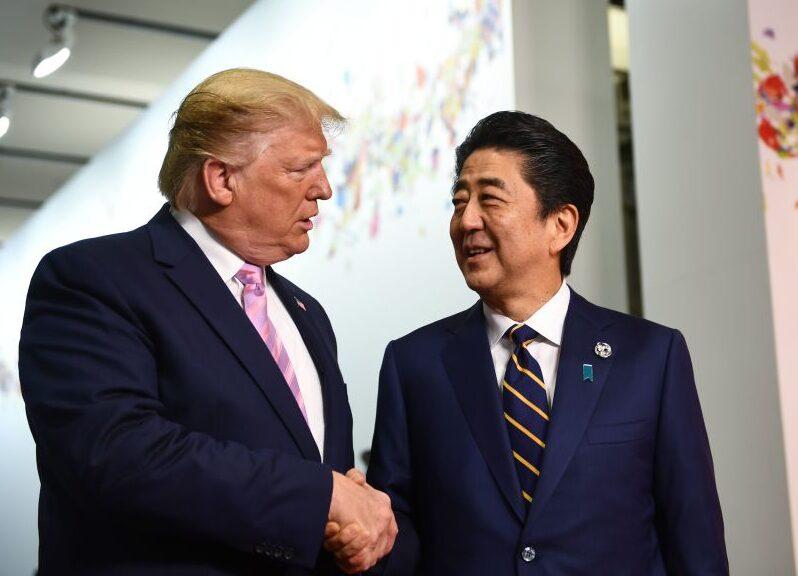The 2024 U.S. presidential election has become the focus of global attention, and Japanese politicians generally believe that former President Donald Trump has a high probability of being re-elected, and are considering how to better cooperate with him. However, there are also concerns that President Trump’s “America First” policy will weaken Japan-U.S. relations.
Some analysts advised that Japan does not need to worry about the U.S.-Japan alliance if President Trump is elected. They believe that he will join hands with Japan more firmly to confront the Chinese Communist Party (CCP).




